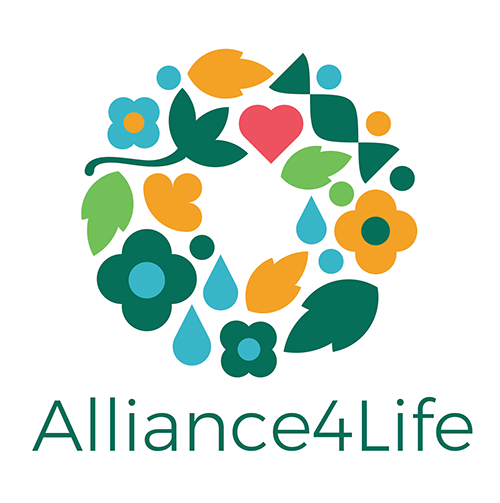
Alliance4Life hosted the first conference on sustainable science in Estonia
On November 15, 2023 the conference on sustainable science titled “Sustainable Science – What is the Environmental Footprint of Scientific Knowledge Creation?” was organized by the Institute of Molecular and Cell Biology and the Centre for Sustainable Development, University of Tartu. This was the first conference focused on the environmental burden of creating scientific research itself among Estonian universities which brought together experts from all local major universities and research funders.
This was the second Estonian trigger event organized at the University of Tartu within the framework of the EU Horizon 2020 project, The Alliance for Life Sciences: From Strategies to Actions in Central and Eastern Europe. The whole-day event focused on the footprint of creating scientific knowledge which has not been discussed in Estonia among scientific organizations in public before. Scientists are expected to solve complex problems of climate change, but there is less talk about the environmental impact of scientific work itself, which also requires attention and consideration as science is extremely resource intensive.
In recent years, Estonian universities have started to pay more attention to organizational sustainability. The University of Tartu as the largest Estonian university is no exception: sustainability matters have been followed in tenders, University of Tartu museums received the Green Museum certificate, an environmental sustainability advisor was hired in spring 2023 and the organization’s sustainability policy is comprehensively worked out. The Allinace4Life as a consortia of life sciences has been a good example to the University of Tartu in green laboratory aspects as it has evoked to think about our present shortcomings and offered practices of other institutions to follow.
The moderators of the event were Margit Keller (Associate Professor in Social Communication, Head of the Centre for Sustainable Development, UT) and Toivo Maimets (Professor of Cell Biology, UT, Head of the Scientific Council of the Government of Estonia, Deputy-Chair of the Alliance4Life).
The environmental impact associated with knowledge creation can manifest, for example, in the energy consumption required to operate laboratory equipment or utilize computing power.
According to Toivo Maimets, a Professor of Cell Biology at the University of Tartu, both laboratory sciences and medical practices need to consider not only the energy costs but also the abundant single-use plastic waste, which is difficult to handle, and whose recycling options remain unexplored.
At some point we need to start thinking about what is worth of creating and preserving. As Albert Einstein already said, the fact that something can be explored doesn't mean it's worth exploring.
- Toivo Maimets, Professor of Cell Biology, University of Tartu
The environmental footprint also affects social sciences, humanities, and archival work, including the preservation of national culture and its heritage. Is it possible to conduct more sustainable scientific research and to think about the scientific process more broadly, not just about creating another amount of data? ─ this is what the conference encouraged to think about.
The environmental footprint of science begins to form already at the stage of formulating research questions. It's not just about how efficiently we conduct research, but also what and why we study. As scientists, we don't engage in self-analysis of our work processes very much.
- Margit Keller, Director of the Centre for Sustainable Development of the University of Tartu
These questions concern not only scientists and research institutions but also increasingly research funders.
The full article can be found HERE.
The recording of the key-note speaker, Martin Farley.
The source of the article can be found HERE.
All photos were taken by Andres Tennus, University of Tartu.

